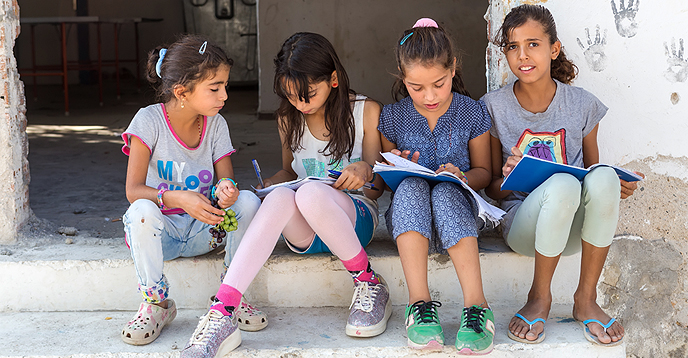
Know about how it differs from formal education and. A mixed-methods study was performed on EPs from two Dutch hospitals. Find the answer to'WHAT IS NON FORMAL EDUCATION', history of the concept, types of institutions, methods, principles of non-formal education. This study evaluates the effect of a geriatric education program on EPs’ geriatric knowledge, attitude and medical practice when treating older adults. The process was effective in building self-esteem, equipping them to make informed decisions and resist negative peer pressure. In Nigeria, one of our joint projects aims to restore a sense of normalcy and security for children through the provision of basic formal and non-formal education services, including provision of supplies. Emergency physicians (EPs) often regard care for older adults as complex, while they lack sufficient geriatric skills. 288 marginalised youth were placed in viable working situations.

In this context, education on HIV and AIDS was an integral part of the project, which also involved the active participation of local artisans and employers during specific training and orientation sessions. Non-formal education programs are characterized by their variety, flexibility, and ability to respond quickly to new educational needs of children or adults. It does not always lead to certification. With the Ministry centralizing and standardizing NFE programming, access to public schools is now more limited and granted only at central level. Non-formal education Non-formal education takes place both within and outside educational institutions and caters to individuals of all ages. An alternative that can reach some of the students is to offer extracurricular non-formal learning activities. The short length of school days in most early emergency situations makes it difficult to add more subjects to the curriculum. By providing marginalised youth with new learning opportunities that nurture empowerment and socio-economic inclusion, the project contributed to breaking the cycle of marginalisation and vulnerabilities that impedes the development of out-of-schools youth. Education is a gradual process which brings positive changes in the human life and behavior. At the beginning of the crisis NRC could implement non-formal (emergency) education activities inside public schools by directly liaising with either municipalities or school directors themselves. Non-formal education activities can also be used to provide additional support to children who are in school.

This report summarises a programme for marginalised youth that was implemented in one urban area (Kampala) and one rural area (Arua) of Uganda, with the ultimate goal of determining marketable livelihood skills while facilitating placement of marginalised youth in employment.


 0 kommentar(er)
0 kommentar(er)
